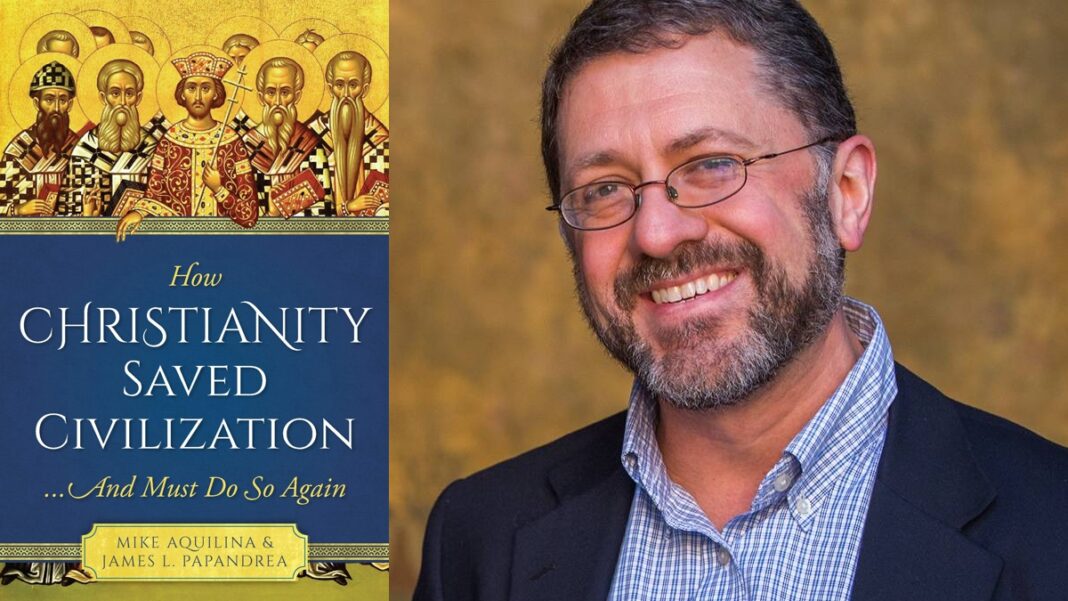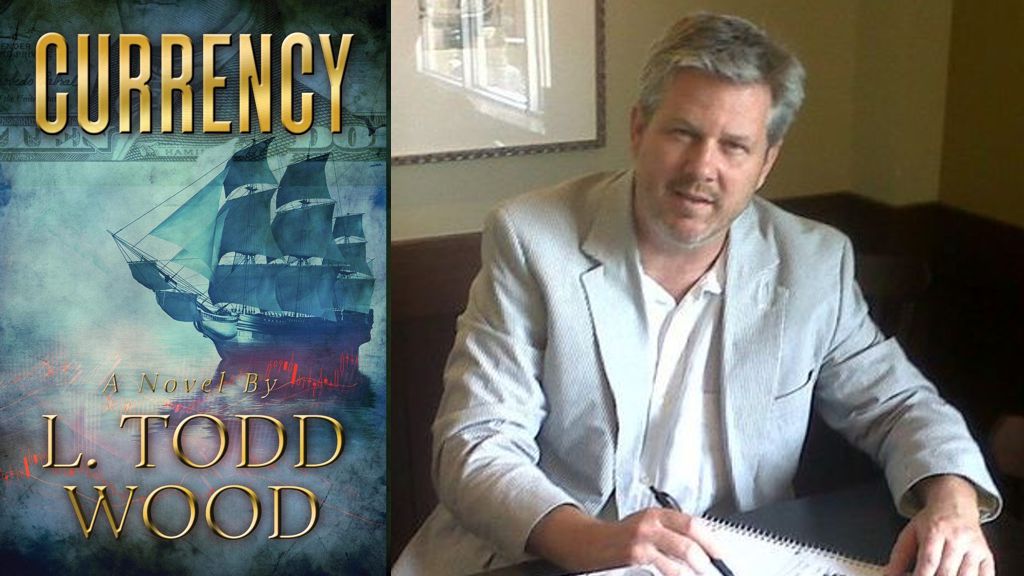Ancient Rome’s brutal culture exploited the weak and considered human life expendable. Women were used as property; unwanted children were left on the streets to die.
Four centuries later, even ordinary men and women prospered in what had become a vigorous new Christian society, a society that served the vulnerable, exalted women, treasured virtue, and loved peace.
Faith had triumphed. Truth was proclaimed. And on this rock-solid foundation, Christian society flourished in the West for the next 1500 years.
These eye-opening pages document the many ways in which Christians penetrated and civilized that debased Roman empire, introducing then-radical notions such as the equal dignity of women, respect for life, protection of the weak and vulnerable, and the obligation of rulers to serve those they rule and maximize their freedom.
Here you’ll learn about the seven specific areas where any paganism, ancient or modern, is particularly vulnerable. They provide a roadmap for modern Christians to reclaim for the Faith our own neo-pagan modern culture.
Facing an overwhelmingly dark and hostile culture, Rome’s early Christians took the steps necessary to transform it. Their struggles and the hard lessons they learned documented here afford us hope that, by imitating their example, we may do the same for our culture today.
How Christianity Saved Civilization was previously published as Seven Revolutions: How Christianity Changed the World and Can Change It Again. This new edition has been brought into print to offer hope that Christianity may once again transform our dark and hostile culture.

Editorial Reviews
Review
Ancient Rome’s brutal culture exploited the weak and considered human life expendable. Women were used as property; unwanted children were left on the streets to die.
Four centuries later, even ordinary men and women prospered in what had become a vigorous new Christian society; a society that served the vulnerable, exalted women, treasured virtue, and loved peace.
Faith had triumphed. Truth was proclaimed. And on this rock-solid foundation, Christian society flourished in the West for the next 1500 years.
These eye-opening pages document the many ways in which Christians penetrated and civilized that debased Roman empire, introducing then-radical notions such as the equal dignity of women, respect for life, protection of the weak and vulnerable, and the obligation of rulers to serve those they rule and maximize their freedom.
Here you’ll learn about the seven specific areas where any paganism, ancient or modern, is particularly vulnerable. They provide a roadmap for modern Christians to reclaim for the Faith our own neo-pagan modern culture.
Facing an overwhelmingly dark and hostile culture, Rome’s early Christians took the steps necessary to transform it. Their struggles and the hard lessons they learned – documented here – afford us hope that, by imitating their example, we may do the same for our culture today.

From the Back Cover
Ancient Rome’s brutal culture exploited the weak and considered human life expendable. Women were used as property; unwanted children were left on the streets to die.
Four centuries later, even ordinary men and women prospered in what had become a vigorous new Christian society; a society that served the vulnerable, exalted women, treasured virtue, and loved peace.
Faith had triumphed. Truth was proclaimed. And on this rock-solid foundation, Christian society flourished in the West for the next 1500 years.
These eye-opening pages document the many ways in which Christians penetrated and civilized that debased Roman empire, introducing then-radical notions such as the equal dignity of women, respect for life, protection of the weak and vulnerable, and the obligation of rulers to serve those they rule and maximize their freedom.
Here you’ll learn about the seven specific areas where any paganism, ancient or modern, is particularly vulnerable. They provide a roadmap for modern Christians to reclaim for the Faith our own neo-pagan modern culture.
Facing an overwhelmingly dark and hostile culture, Rome’s early Christians took the steps necessary to transform it. Their struggles and the hard lessons they learned – documented here – afford us hope that, by imitating their example, we may do the same for our culture today.

About the Author
Mike Aquilina is author or editor of more than thirty books on Catholic history, doctrine, and devotion. He has cohosted eight series for EWTN and is a frequent guest on Catholic radio. His publishing career spans almost three decades, and hundreds of his articles have appeared in periodicals in the United States and abroad. He is past editor of New Covenant magazine and The Pittsburgh Catholic newspaper. He blogs on early Christianity at FathersOfTheChurch.com







